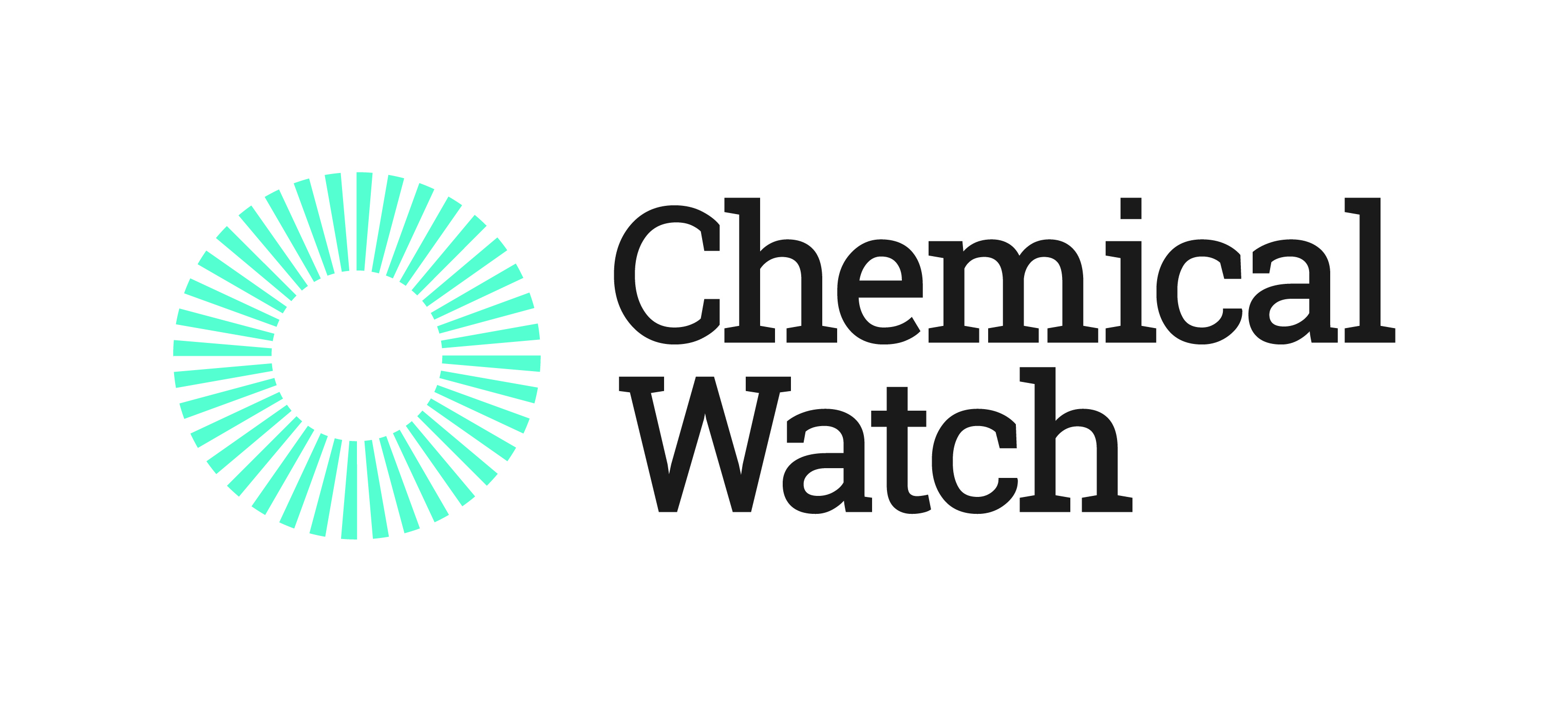EU Regulations on Food Contact Materials and Compliance
This is the first webinar in a series of ten (the other eight to be held from mid-September) that will address food contact material (FCM) regulations and compliance, in key markets around the globe.
Your guide for all ten webinars will be Dr Ioan Paraschiv, regulatory affairs manager at knoell NL.
Among the countries and regions we will be looking at are the EU, Switzerland (not an EU Member State), the US, China, Canada, the Mercosur countries and Japan. Each webinar will be an hour and will allow time for questions from attendees.
This first webinar will look at EU regulations that directly impact FCMs and food contact articles.
Before taking a deep dive into the regulations, the webinar will look at how EU’s Regulation 1935/2004 defines FCMs and food contact articles.
This will be followed by an overview of all the regulations affecting FCMs. Among the issues to be discussed will be the most recent amendments and draft amendments to the EU’s Regulation 10/2011 – on plastic materials and articles intended to come into contact with food – and the current regulatory status of FCM substances such as:
- [3-(2,3-epoxypropoxy)propyl]trimethoxy silane (GLYMO),
- [3-(2,3-epoxypropoxy)propyl]triethoxy silane (GLEO);
- bisphenol-A (BPA); and;
- bisphenol-S (BPS).
By attending this webinar, you will learn:
- which FCM regulations apply to the FCMs you are interested in, including plastics, recycled plastic materials, ceramics, regenerated cellulose, active and intelligent materials
- which substances have already been approved and placed on positive lists associated with the existing FCM regulations
- which migration testing conditions are to be applied, with case studies examples
- what the specifications are for certain key-listed FCM substances with respect to their specific migration limit (SML), as well as the overall migration limit (OML)
- how to carry out a worst-case calculation (WCC) in cases of missing experimental or theoretical (modelling) migration data
- how to address Nias (non-intentionally added substances) that could migrate into food, under intended conditions of use
- what the key steps are when considering the risk assessment of Nias or IasS (intentionally added substances) potentially migrating into food from an FCM or food contact article; and
- how to demonstrate compliance with food contact applications
More webinars in this series:
Regulations on non-harmonised Food Contact Material & Compliance in EU Member States
US Regulations on Food Contact Materials & Compliance
Mercosur Regulations on Food Contact Materials & Compliance
Swiss Regulations on Food Contact Materials & Compliance
Canadian Regulations on Food Contact Materials & Compliance
Chinese Regulations on Food Contact Materials & Compliance
How to Prepare a Declaration of Compliance for Food Contact Materials
Risk Assessment of IAS & NIAS Migrating from Food Contact Materials and Articles
Japanese Regulations on Food Contact Materials & Compliance
€239 EUROS
When
23 Jul 2020 @ 09:00 am
23 Jul 2020 @ 10:00 am
Duration: 1 hours
Where
Language
English en
